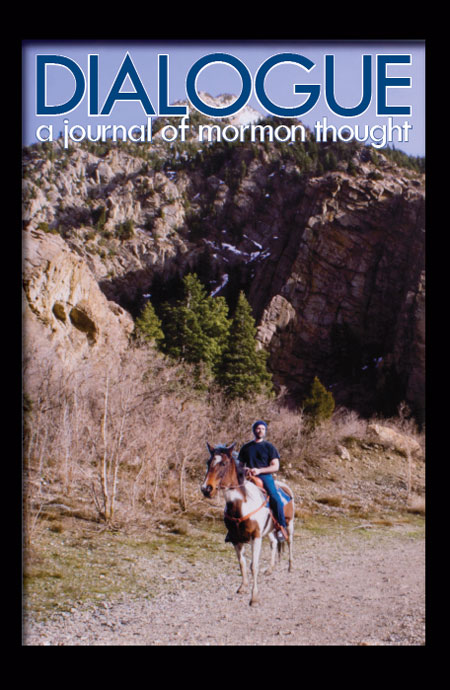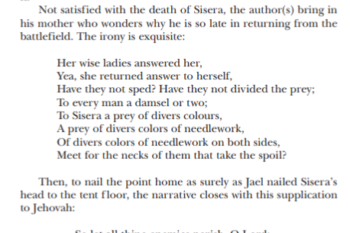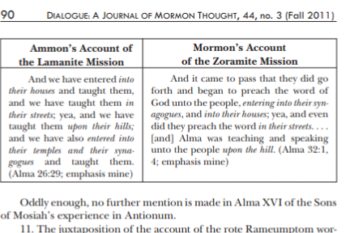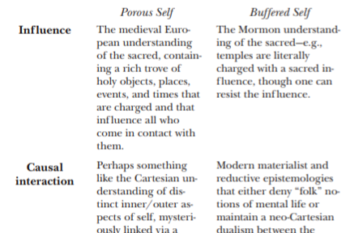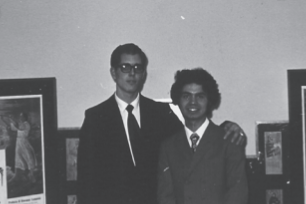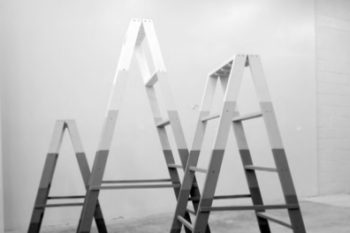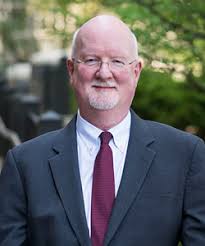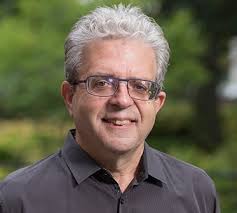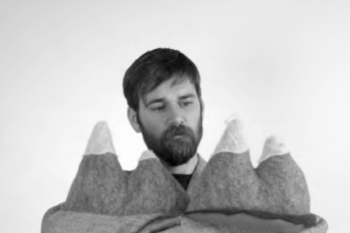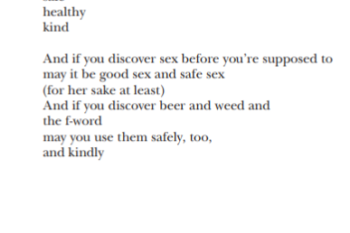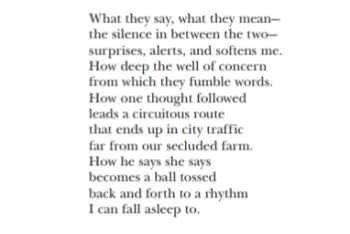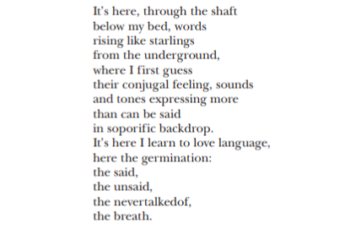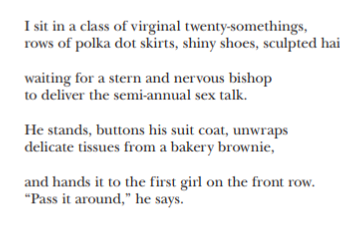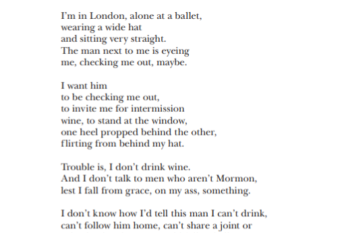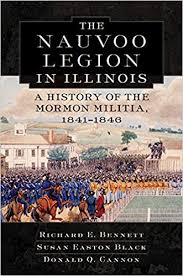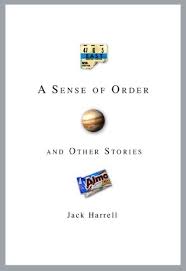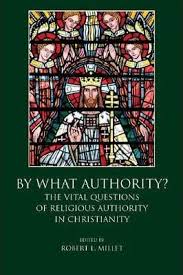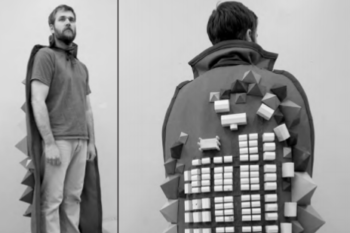A Retrospective on the Scholarship of Richard Bushman
Grant Underwood, Harry S. Stout, Gordon S. Wood, Catherine E. Kelly, Laurie Maffly-Kipp and Richard BushmanAmong Latter-day Saint academics, few have achieved the professional stature or exerted the intellectual influence of Richard Lyman Bushman. Gordon Wood, a member of the blue-ribbon panel featured here and a scholar with few peers in the historical discipline, calls Bushman “one of our most distinguished American historians.” Generous and dignified as well, Richard Bushman is the proverbial “gentleman and a scholar.” His words and deeds have touched many lives across the span of his more than fifty-year academic career. To commemorate that career on the eve of his eightieth birthday, it seemed fitting to honor him among his professional colleagues and friends at the January 2011 annual meeting of the American Historical Association (AHA).
Read more





